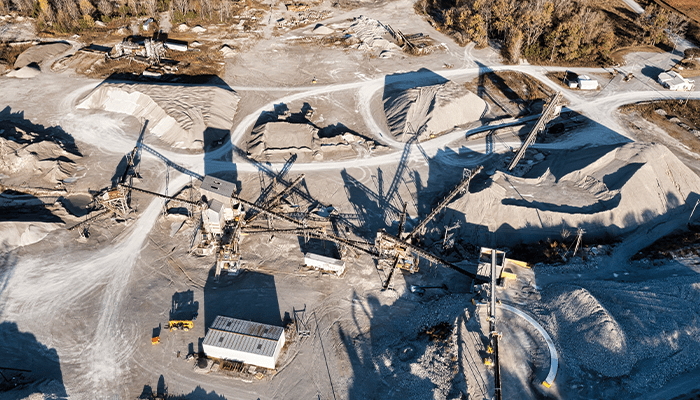
The Importance of Qualifying Drivers through MVR Reviews and PSP Reports
Qualifying drivers is a crucial step for any trucking company that wants to ensure safety, compliance, and profitability. One of the most effective ways to qualify drivers is to conduct Motor Vehicle Record (MVR) reviews and Pre-employment Screening Program (PSP) reports. These tools provide valuable information about a driver's driving history, violations, crashes, and inspections, which can help trucking companies make informed hiring decisions and reduce risks.
MVR reviews and PSP reports are two different but complementary sources of data that can help trucking companies assess a driver's suitability for the job. MVR reviews are state-based records that show a driver's license status, endorsements, restrictions, and convictions for traffic violations. PSP reports are federal records that show a driver's involvement in crashes, roadside inspections, and safety violations, as well as the severity and frequency of those events. Both MVR reviews and PSP reports are subject to the Fair Credit Reporting Act (FCRA), which means that trucking companies need to obtain a driver's consent before accessing and using their records.
Second, MVR reviews and PSP reports can help trucking companies reduce their liability and insurance costs, which can be affected by the quality and safety of their drivers. Using MVR reviews and PSP reports, trucking companies can identify drivers with a history of unsafe or risky driving behavior, such as speeding, DUI, reckless driving, or involvement in crashes. These drivers pose a higher risk of causing accidents, injuries, or damages, which can lead to lawsuits, claims, and higher premiums. By screening out these drivers, trucking companies can lower their exposure to legal and financial consequences.
Third, MVR reviews and PSP reports can help trucking companies improve their operational efficiency and profitability, which can be influenced by the performance and retention of their drivers. By using MVR reviews and PSP reports, trucking companies can select drivers who have a record of compliance, professionalism, and reliability, such as drivers who have few or no violations, crashes, or inspections, or drivers who have positive inspection outcomes, such as no violations or clean inspections. These drivers are more likely to deliver their loads on time, follow safety rules, and stay with the company longer. By hiring these drivers, trucking companies can increase customer satisfaction, reduce turnover, and enhance their reputation.
MVR reviews and PSP reports are essential tools for qualifying drivers in the trucking industry. They provide trucking companies with objective and comprehensive data about a driver's driving history, which can help them comply with regulations, reduce risks, and improve performance. By using MVR reviews and PSP reports, trucking companies can make better hiring decisions and ensure a safe, compliant, and profitable workforce.
Featured News & Insights

Nuclear energy offers exciting opportunities, but it comes with a level of risk and regulation that’s unlike any other sector. One of the biggest challenges operators face is proving they have the...

The energy sector, which spans oil and gas, utilities, and renewable energy, is one of the most complex and volatile industries in the world. From environmental scrutiny to fluctuating commodity...

On April 18, 2024, the Mine Safety and Health Administration (MSHA) issued a final rule to lower miners' exposure to respirable crystalline silica and enhance respiratory protection measures across...